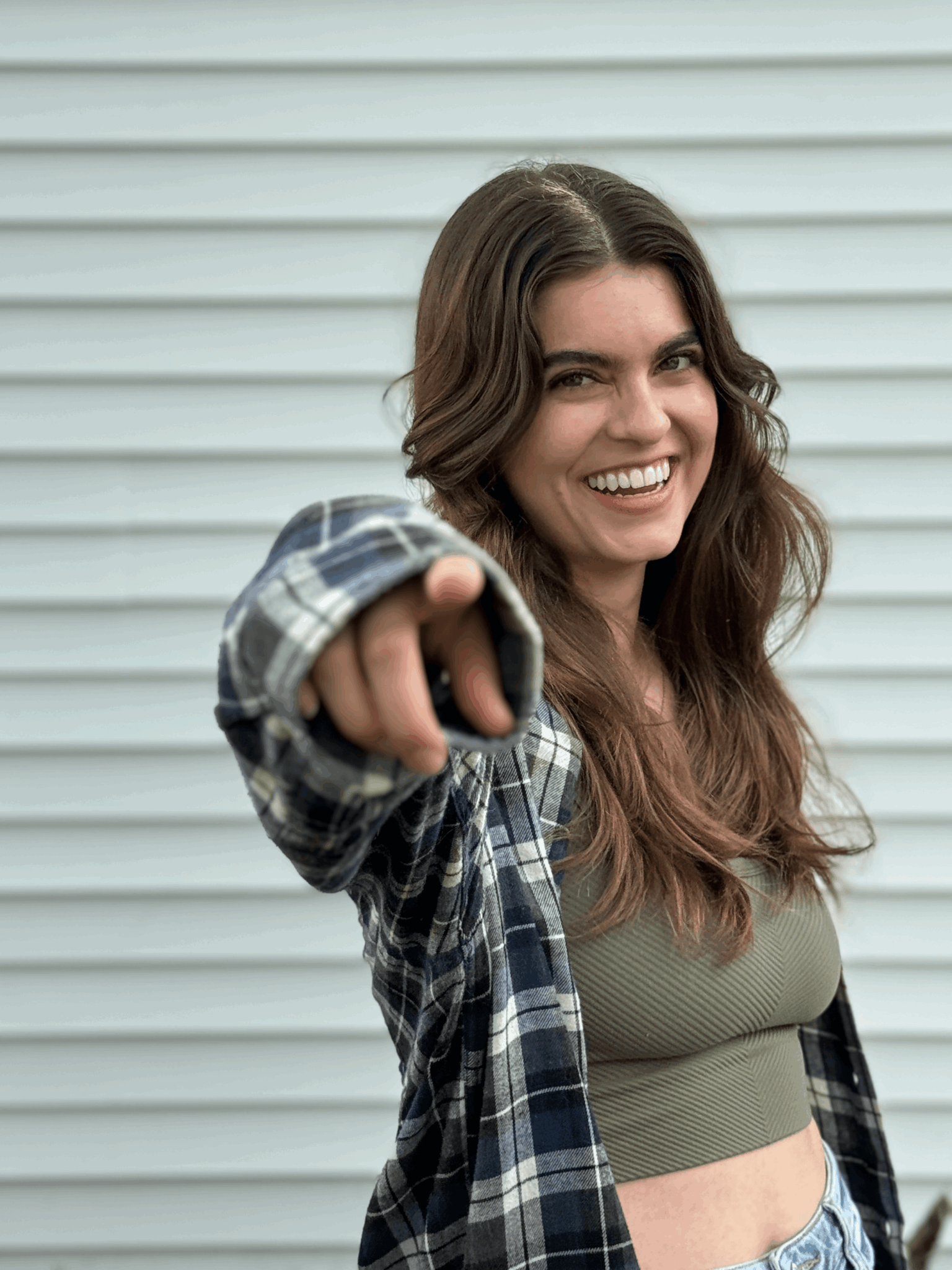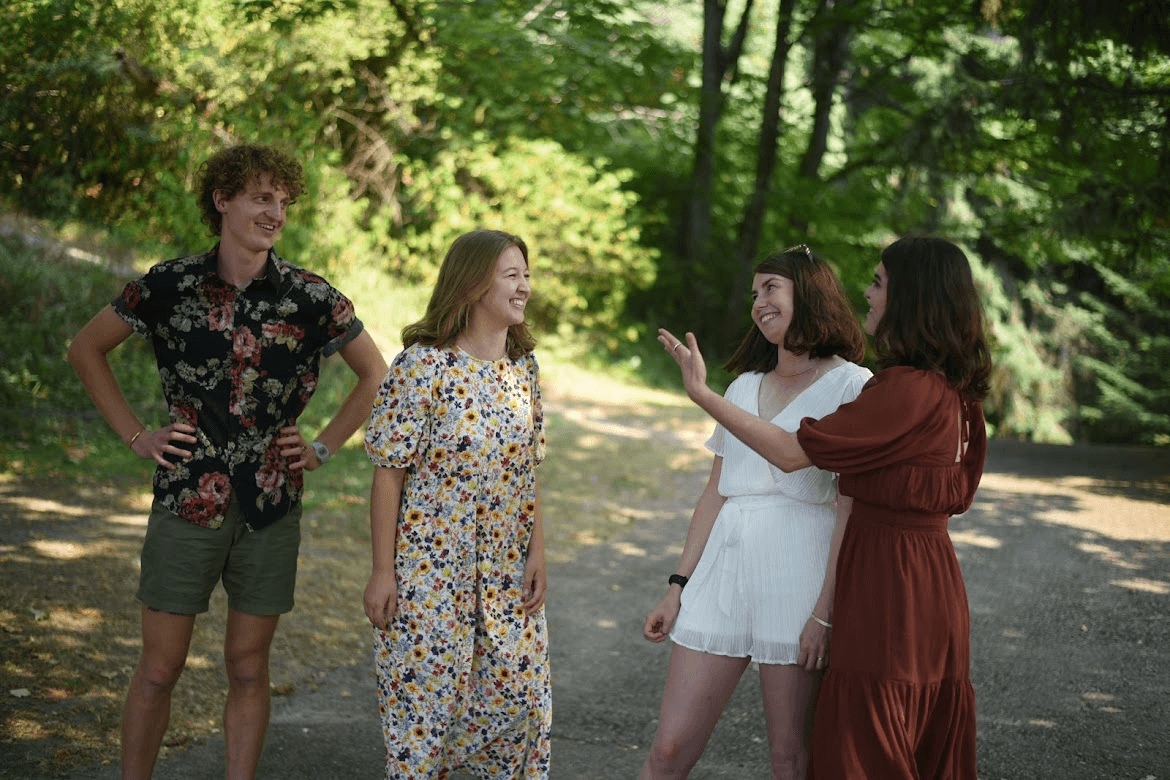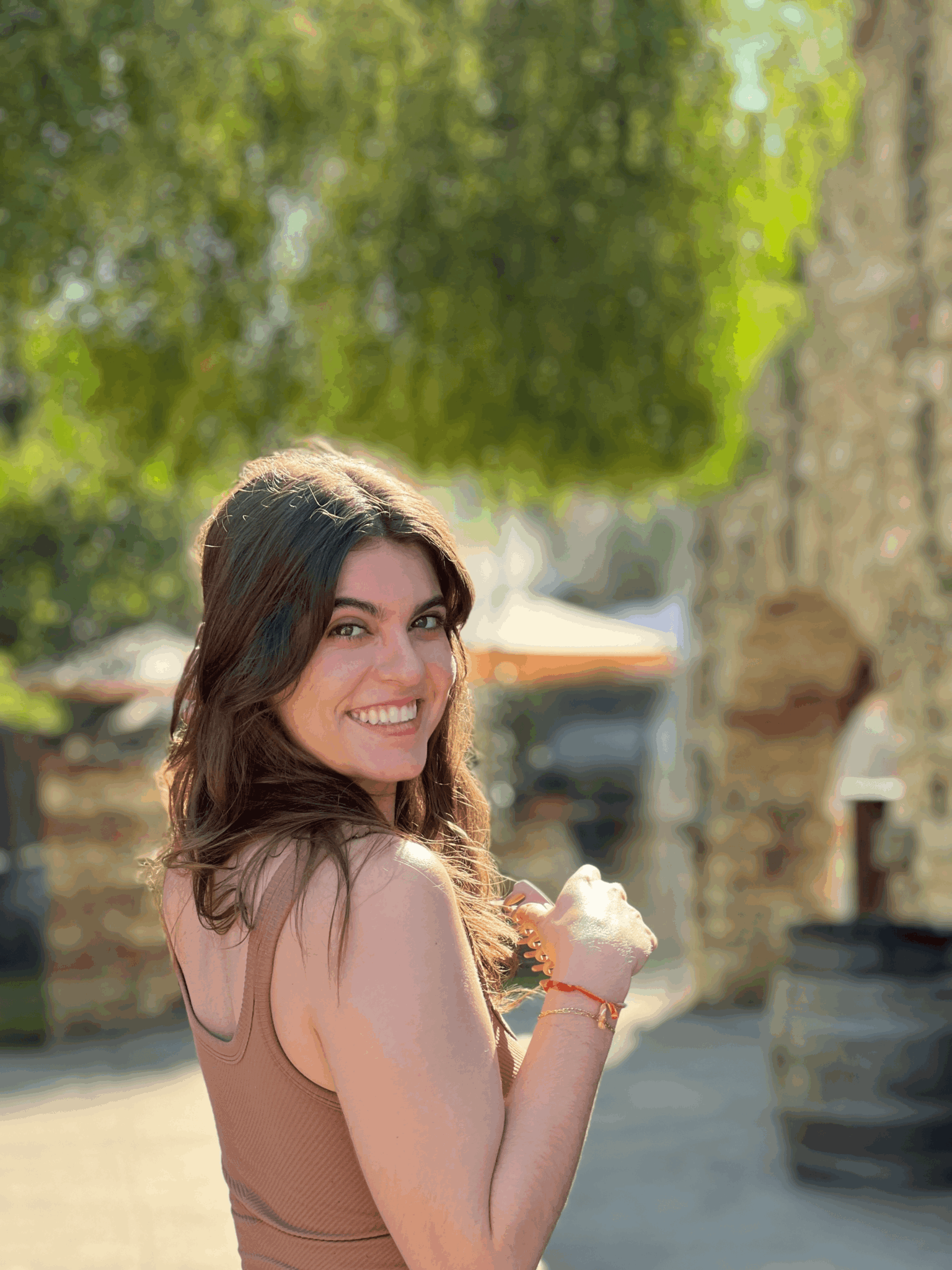We’re excited to introduce you to the always interesting and insightful Kailyn Bondoni. We hope you’ll enjoy our conversation with Kailyn below.
Kailyn, thanks for taking the time to share your stories with us today Going back to the beginning – how did you come up with the idea in the first place?
Coming up with new ideas is like catching butterflies with a net. It’s fishing in my brain for ideas and looking at what I’ve caught to see what would pair well together for dinner. It’s cherry-picking past experiences, personal emotional journeys, and a joke I made at brunch one time and merging them together in a story. To me, that’s writing.
This is to say, my story ideas come from a myriad of places, but most recently, as I look over my portfolio, I’ve come to realize all of my scripts take place in the Midwest, so I’ll start there. I’m from Michigan, and if there were a list of things to know about me, that might be the thing I’d want placed first. So usually, I start with a character, representing myself to whatever extent, living somewhere in the Midwest, and learning to grow up. Growing up can happen at any age. I find that to be the heart of my writing–life can come at you at any time, no matter how young or old you are. There’s something deeply human about learning and failing and getting back up and trying again. Without giving too much away (another way of saying I haven’t registered it yet, whoops), one of my scripts is about a post-grad who is on the precipice of adulthood–exploring the world and its opportunities. The character refuses to take that leap for fear of failure, fear of change, and fear of leaving all she knows. Examining these fears and moving them into plot creates the kind of work I feel expresses what I’d like to contribute to art as a whole.
I’ve struggled with the idea of going into a creative career direction. For a while, I felt there was no more selfish field to go into than art. Who is to say what I create is important, and why should it matter? But I think about art that has affected me. I think about every time I’ve only been able to explain to my therapist how I’m feeling by citing a character from a Greta Gerwig movie or an episode of The Good Place. This is how I know writing is a worthwhile endeavor. I’ll succeed if even one person can find themselves in what I create, to whatever extent that may be. My logic is simple: if I write for humanity, humanity will recognize itself, and it will matter. It will be successful. My ideas stem from there.
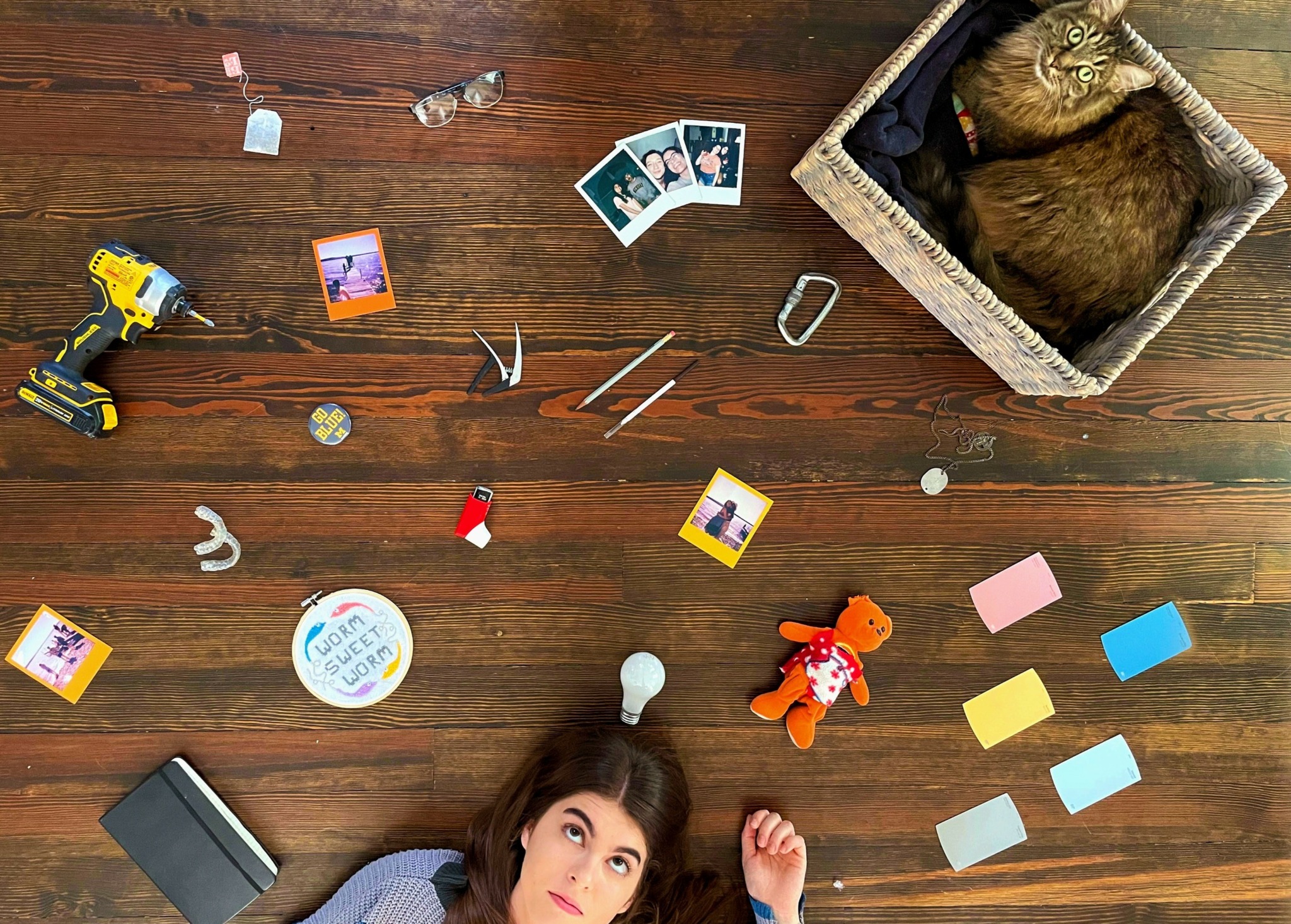
Great, appreciate you sharing that with us. Before we ask you to share more of your insights, can you take a moment to introduce yourself and how you got to where you are today to our readers.
I’ve never been one to sit still for too long. I have to be doing something–talking, eating, writing. If you trap me in a room with a typewriter for enough time, that typewriter is getting used. It’s the infinite monkey theorem, or else, it’s Chekov’s typewriter. I think this is the case for a majority of writers–it’s not a desire to write that inspires creation, it’s a need to put down on paper what is so violently bouncing around in their brains. If anything, it’s self-care. Write or go crazy. Creativity is holding us hostage, and the only option is to comply or it’ll blow up a hospital or something.
To go way way back, at age 5, I wrote a ‘book’ that I titled The Lady Who Sat on Humpty Dumpty. It could only be described as a comedy with an underlying message of be careful where you sit (it could be on a friend–5 year old logic). I illustrated it and put it together in a ‘book’ with staples and construction paper. In 4th grade, I insisted on keeping printer paper on my nightstand so I could write down all my ‘story ideas’ on paper. Granted, those stories were simply fan-fiction of the American Girl characters, but I had ideas I NEEDED to put somewhere and then obviously send to American Girl in the case they ever decided to add to the canon. In retrospect, that was me thinking I invented fanfiction. Funny enough, I was later gifted an actual typewriter by a neighbor, and from then on I think I was hooked with the practice of storytelling.
That younger version of me would be really proud of the writing skills I’ve since developed. Everything I do, I do to make her excited to grow up. In college, I majored in Creative Writing as well as Screenwriting, and more thoroughly explored different kinds of writing. Since then I’ve written a lot of poetry, short stories, and scripts. However, I am most proud of those early early works from when I was younger.
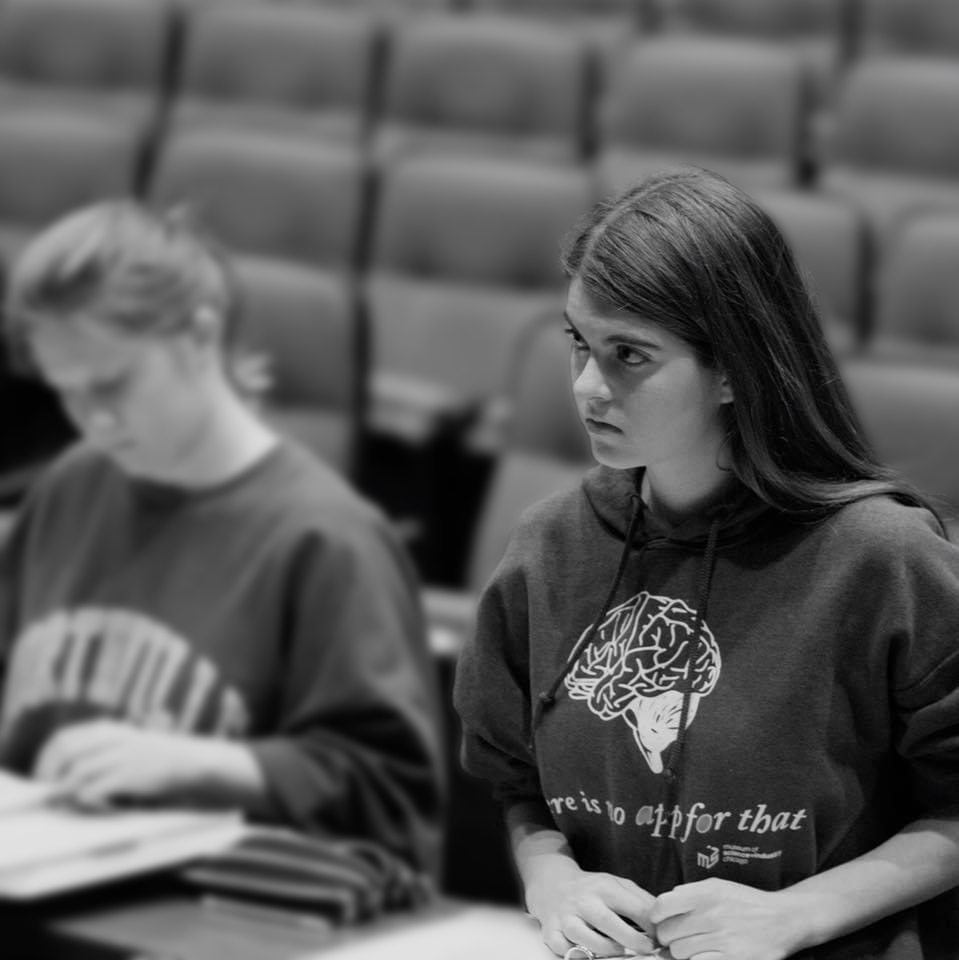
What do you think is the goal or mission that drives your creative journey?
I once spoke with a showrunner who said she didn’t put guns in any of her shows because she has no interest in showing or promoting that on screen. I think of this often. As a writer, it’s my responsibility to create worlds that strike a balance between how the world is and how we want it to be. The impact of media is wildly influential to the sociocultural foundations of this country and the world, and to be able to create characters and storylines in which people can find their own joy, sadness, and selves is a huge task. I don’t claim to be perfect at it, in fact, I think I am wildly under qualified, but with every word I put down on paper, I try to get better at it, like it’s my mission to find humanity and to hope that humanity finds me back.
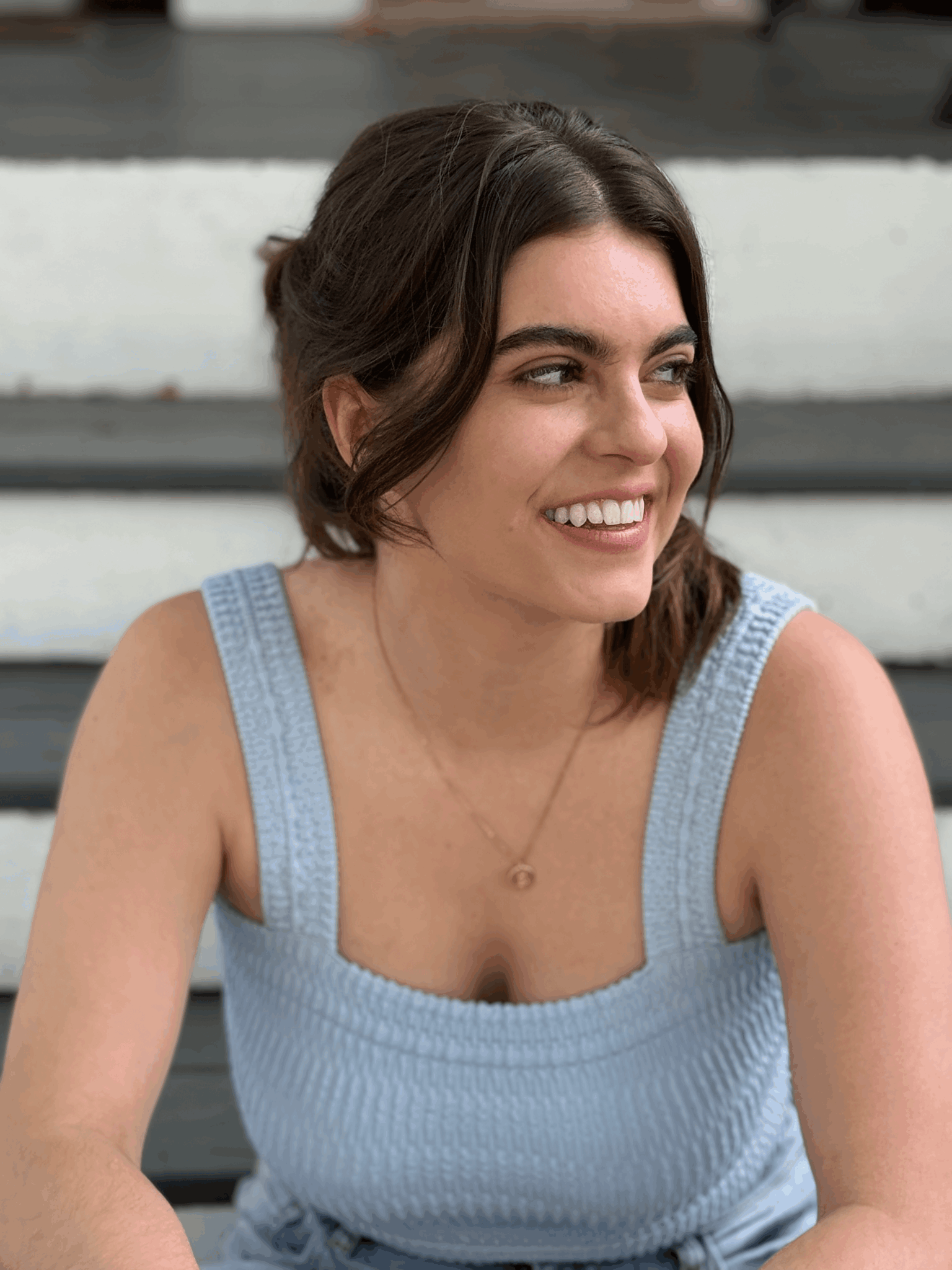
Any resources you can share with us that might be helpful to other creatives?
This is not an original piece of advice, nor is it an uncommon one. If you want to write well, you need to read. In the last 3 years, I’ve helped create two different book clubs to force myself to read. I make friends give me recommendations and have them hold me to it. I hold myself hostage some nights like the Duolingo owl does when you haven’t clocked your German lesson for the day. It’s stupidly important. Read.
Contact Info:
- Instagram: @kbondoni
- Linkedin: Kailyn Bondoni
- Twitter: @kmbondoni
